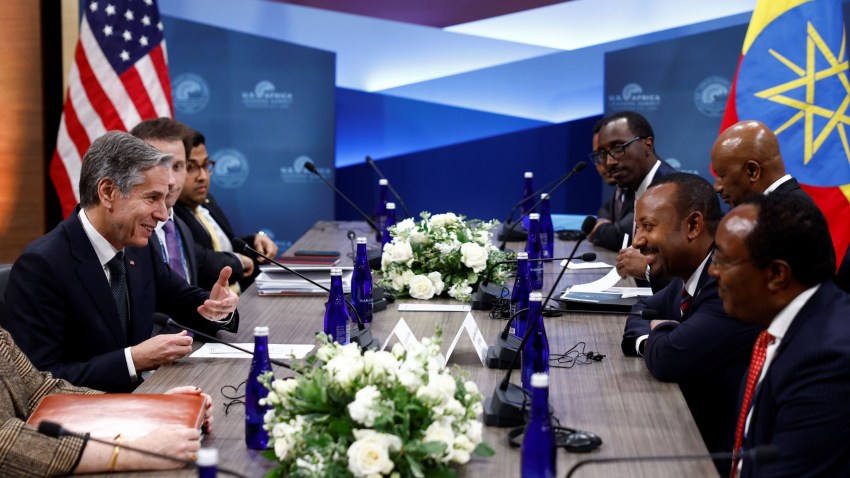With the international system stretched to the breaking point, one of the most fragile strategic assets that a state can amass is moral legitimacy. For European and U.S. governments shocked by Russia’s invasion of Ukraine, it is profoundly frustrating that societies in Asia, the Middle East and Africa—often grouped together as part of the Global South—do not share the same moral outrage over Russian President Vladimir Putin’s war of aggression. For their part, in the Middle East and much of Africa, popular outrage over Israel’s military operations in Gaza in response to Hamas’ attack on Oct. 7, which has amounted to collective punishment of the entire Palestinian population, has led to charges of Western double standards, in milieus usually friendly to the U.S. and European Union as much as those that are hostile to the West.
As the world’s attention remains focused on Ukraine and Gaza, however, other conflicts are setting precedents that will further erode the moral and legal constraints on state and nonstate actors. In mid-December, the stunning military successes in Sudan of Mohamed Hamdan Dagalo’s Rapid Support Forces against his rivals in the Sudanese army encouraged several governments in Africa and the Middle East to court a figure who has been implicated in the mass murder of rival tribal and ethnic communities for two decades. Two weeks later, Ethiopian Prime Minister Abiy Ahmed’s surprise gambit to gain a seaport for Ethiopia through a deal with Somaliland that includes a vague promise of Ethiopian diplomatic recognition of the quasi-state—which broke away from Somalia 20 years ago and remains unrecognized under international law—undermined norms of territorial sovereignty that have prevented much wider warfare between states across Africa.
Every major regional and global power has contributed in some way to the structural dysfunctions that have fueled Sudan’s plunge into conflict and Ethiopia’s into revisionism. Whether in the West or self-identifying with the Global South, states pursuing short-term interests colluded with brutal autocrats and vicious militia leaders who crushed efforts by civil society movements to defend the rule of law.

